What you should know about intestinal cleansing

Table of Contents
The digestive system of the body includes the colon as one of its organs. It is frequently referred to as the large intestine or the intestine’s last section. The small intestine is where food is mostly digested once it enters the body, and this is also where vitamins and minerals are absorbed. It then travels to the colon, where the water is removed from it. The colon’s bacteria aid in breaking down food so it is ready to be expelled from the body. In a sense, a healthy colon serves as the body’s “cleaning” staff.
How to change your eating habits to prevent external intestinal cleansing
Consuming particular foods might facilitate the removal of waste from the body through the colon. Try including the next five foods in your diet on a regular basis if you need to improve natural bowel cleansing:
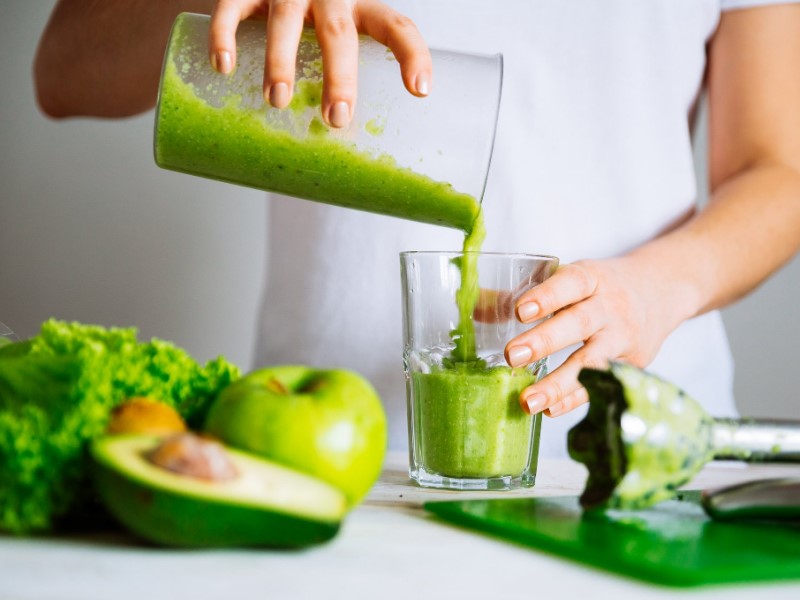
1. Broccoli There are numerous methods to include broccoli in your diet, such as stir-frying it or cooking it with cauliflower in a casserole.
2. Leafy, dark vegetables
A fantastic technique to cleanse your colon is to consume dark green vegetables like spinach, kale, and Swiss chard.
3. Milk
You can use milk for something other than your morning cereal if you don’t enjoy it on its own, such as by adding some fruit.
4. Raspberry
Raspberries make a perfect accent to any dessert. But if you need more, think about adding them to a salad or making a sauce out of them.
5. Oatmeal

Make your own instant oatmeal at home if you find packaged instant oatmeal uninteresting; it will almost definitely have more fiber and serve your purpose better.
All of these foods are rich in fiber, calcium, and vitamin D, all of which are essential for maintaining healthy digestion and avoiding constipation. But adding several of these kinds of foods at once can cause gastrointestinal discomfort in the form of diarrhea, bloating, or constipation if you’re not used to a high-fiber or calcium-rich diet. If you’re considering diet-based colon cleansing, introduce more of these foods gradually rather than all at once.
What advantages does fiber that cleans the intestines have?
The recommended daily intake of fiber for healthy digestion is 25 to 35 grams, compared to the average daily intake of 13 grams.
Plant substance known as fiber is unbreakable by digestive enzymes in humans. Because it promotes regular bowel movements and aids in the flow of food through the digestive tract, it aids in colon cleansing. To spread out intake throughout the day, experts advise consuming some fiber with each meal. Fibers come in two varieties: water-soluble and water-insoluble. During digestion, soluble fiber absorbs water, resulting in a larger stool. Foods that are commonly referred to be “crusco” and contain water-soluble fiber include:
Green vegetables; legumes; barley; pears, avocados, and blackberries are examples of fiber-rich fruits.
Insoluble fiber does not alter during digestion and aids in the regular passage of food through the intestines. This particular fiber can be found in:
- Vegetables;
- fruits with edible peel or seeds
• cereals, bran, oats, buckwheat, brown rice, bulgur wheat, stone-ground corn flour, whole-wheat bread, pasta, and crackers.
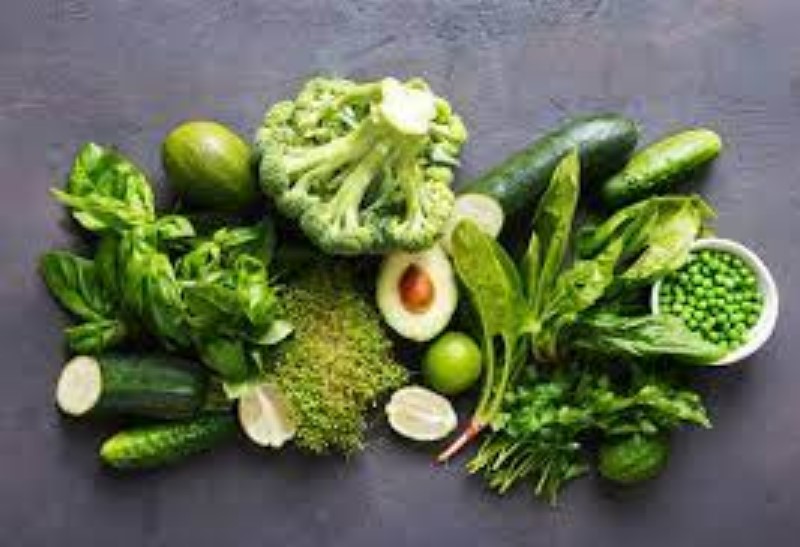
Colon cancer prevention studies suggest that calcium and vitamin D, particularly vitamin D3, are helpful. They aid in lowering colonic inflammation and restrict the activity of specific molecules that may encourage the formation of the condition.
Numerous dark green vegetables, dairy foods, and fortified cereals all include calcium and vitamin D.
How is it possible to maintain a healthy gut without using bowel cleansing?
https://www.youtube.com/watch?v=Zl5_EfYrIeo
- Consume a lot of raw veggies along with a high-fiber diet.
• To stay hydrated, drink plenty of water.
• Limit your consumption of red meat and processed meats because these foods have been related to colon cancer.
• To improve the variety of bacteria in the colon, think about taking probiotics every day.
• Eat a diet with lots of diversity. The health of your colon is affected by eating a range of meals.
• Pay attention to providing your body with a variety of foods that are high in calcium, vitamin D, and fiber. These foods will support the health of your colon.
• If required, utilize particular dietary supplements.
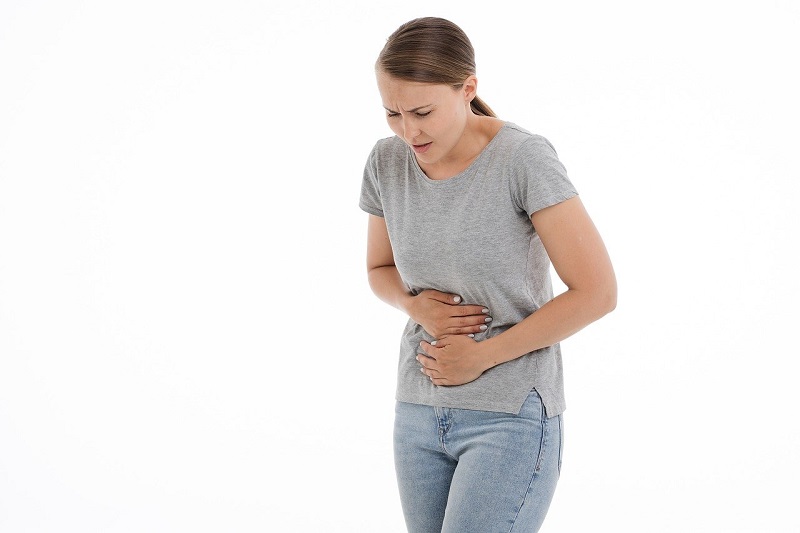



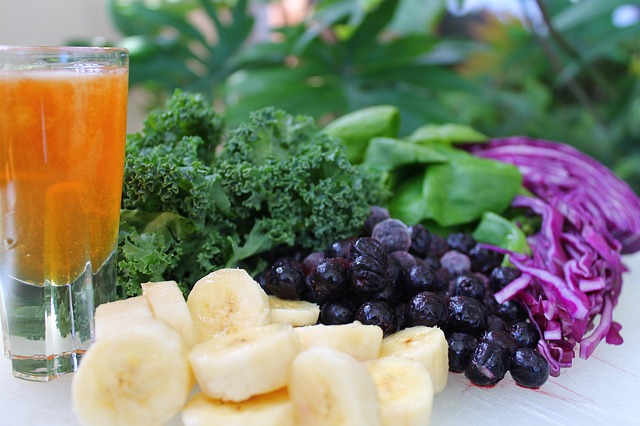


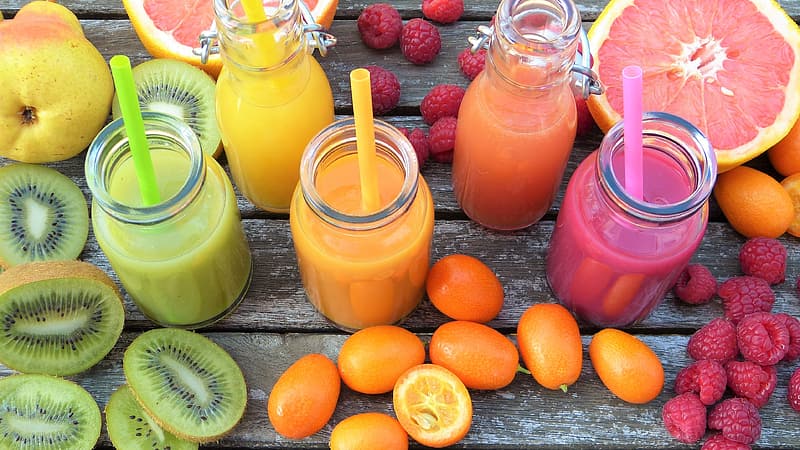
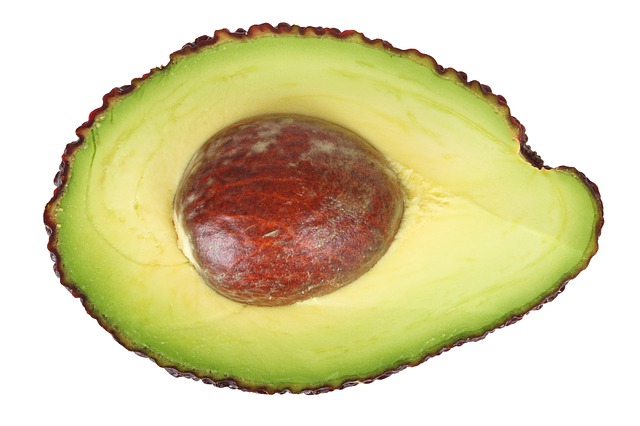

 Who is at Risk of Developing Anorexia and Other Eating Disorders?
Who is at Risk of Developing Anorexia and Other Eating Disorders?  Discover the MCT Oil Magic
Discover the MCT Oil Magic  Potential Consequences of Obsessive Compulsive Disorder
Potential Consequences of Obsessive Compulsive Disorder  Ophthalmic Examination 101
Ophthalmic Examination 101  Horrible Dangers of Untreated Periodontal Disease
Horrible Dangers of Untreated Periodontal Disease  Discover the Flavor Revolution with Lee Kum Kee Chili Crisp Oil
Discover the Flavor Revolution with Lee Kum Kee Chili Crisp Oil 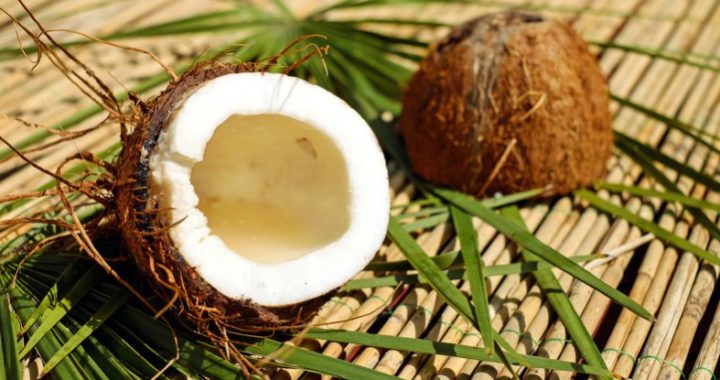 Coconut Extract: The Secret Ingredient Revolutionizing Health and Wellness in 2024
Coconut Extract: The Secret Ingredient Revolutionizing Health and Wellness in 2024